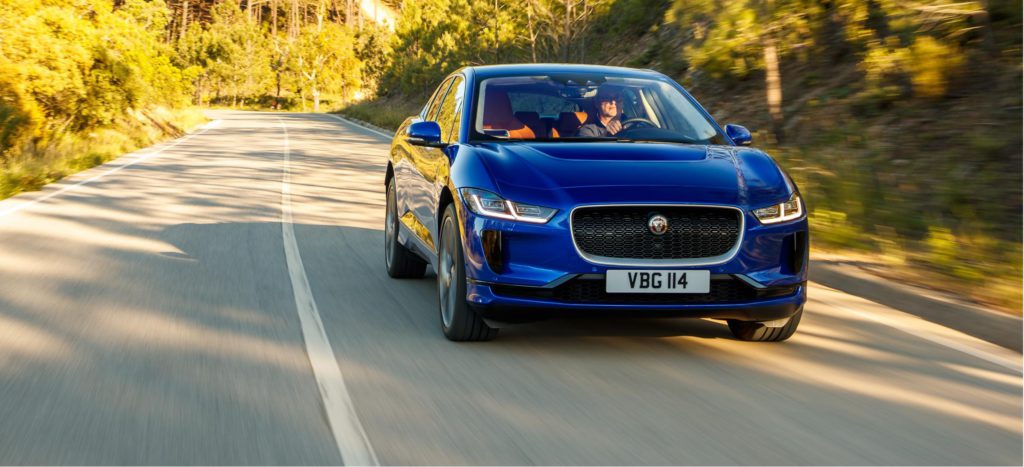JLR recovery plan announced as revenues drop
01 November 2018

1 November 2018
Tata Motors has announced a turnaround plan for its Jaguar Land Rover business after months of worries over profitability.
The business has been hit hard by trade uncertainties in the US and China, together with the falling demand for diesel cars and concerns over Brexit. The business made a £90 million (€102.4 million) loss in its latest results to 30 September 2018.
Under ′Project Charge’, Tata Motors has said it plans to cut costs and improve cash flows at the carmaker by £2.5 billion (€2.8 billion) over the next 18 months. JLR said new vehicles such as the recently launched Jaguar I-Pace full-electric crossover and the upcoming new Land Rover Defender will help. The automaker also will offer a hybrid or electric version of all its models by 2020.
By 2024, JLR plans to have 24 models available across its Jaguar and Land Rover brands. It will also have a regular refresh rate in order to keep models relevant in a changing market.
′Together with our ongoing product offensive and calibrated investment plans, these efforts will lay the foundations for long-term sustainable growth,’ JLR CEO Ralf Speth said.
The business has cut its pre-tax profit expectations for the current fiscal year, ending 31 March 2019, and expects to break even in that period.
Project Charge will see JLR focus on ′quick’ gains, such as reducing non-product investments and speeding up asset sales. In the near term, it will improve efficiency in areas including purchasing and material cost, manufacturing and logistics and people and will focus on strategic and non-core asset sales. JLR has already reduced the number of production days at its UK plants in Castle Bromwich and Solihull.
JLR said in its financial presentation that it has saved £300 million (€341 million) since it initiated the turnaround plan six weeks ago and is working on 500 ideas for the future. These include a detailed review of investment spending plans and a £500 million (€570 million) improvement targeted in 2019 and 2020 to reduce overall investment to £4 billion (€4.5 billion).
In the medium to long term, JLR will enhance its sale performance by looking at its approach to positioning, pricing and launches, and improve its customer service and quality perception. It will also minimise manufacturing per unit costs and discuss improvements with its dealerships.
Retail sales of Jaguar saloons and Land Rover SUVs fell 13.2% to about 130,000 units, hurt particularly by tariff changes in China and escalating trade tensions. Demand in China remained muted even after the country cut import tariffs for cars and car parts to 15% for most vehicles from 25% from July.